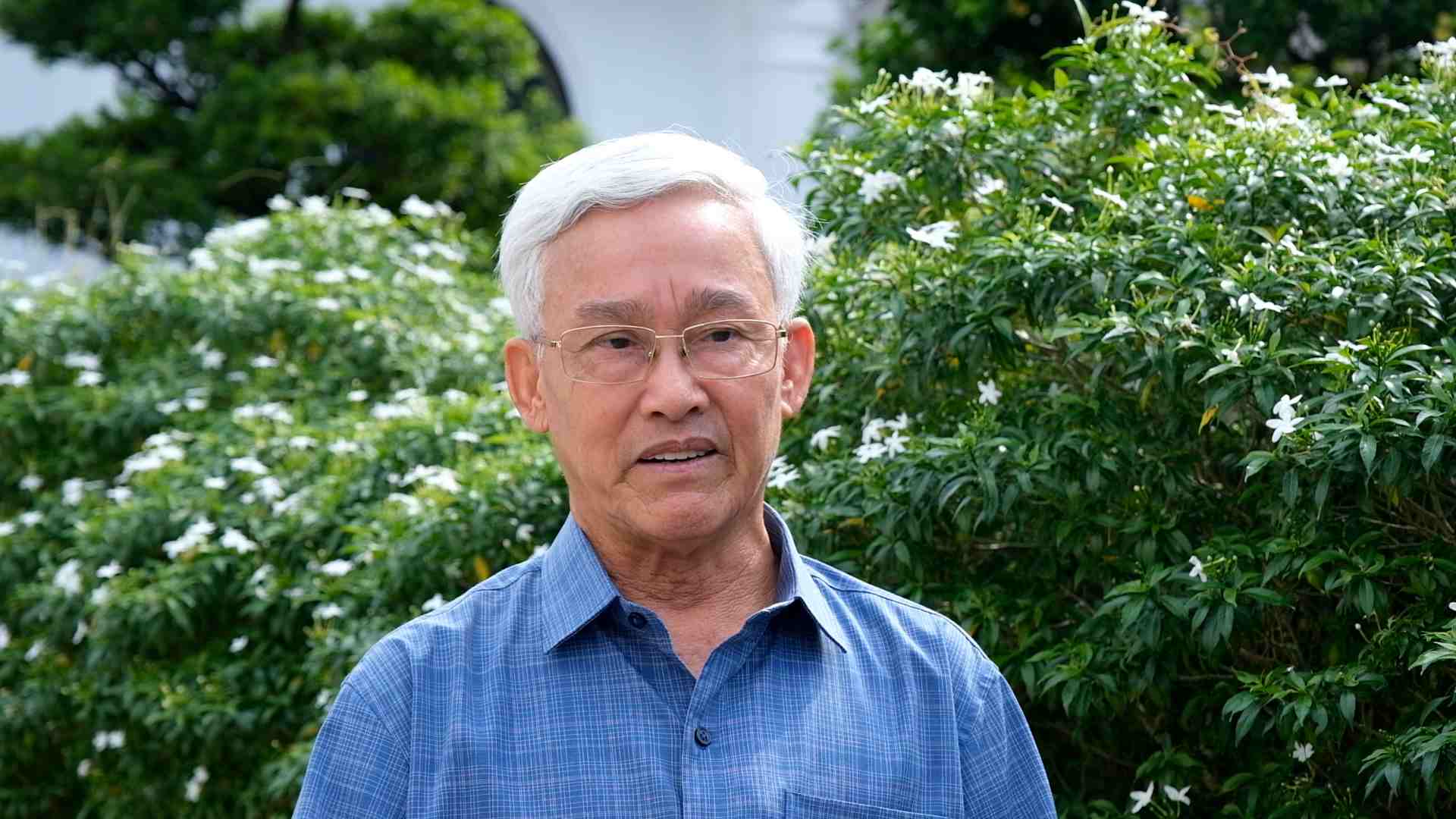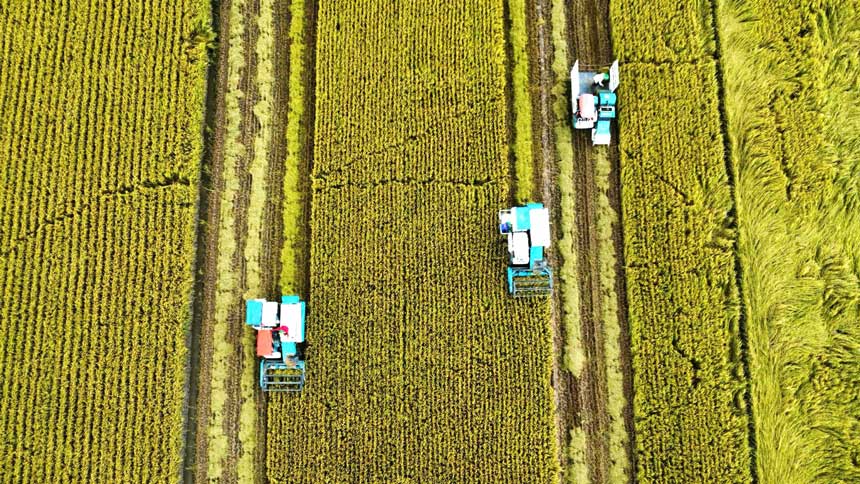With the spectacular growth of the rice industry in 2024, Mr. Pham Thai Binh - General Director of Trung An High-Tech Agriculture Joint Stock Company (Can Tho City) - said that in recent times, Vietnam has done a very good job of diversifying rice varieties and products. What domestic and foreign consumers are currently concerned about is food safety and hygiene.
Participating in the Project “Sustainable development of 1 million hectares of high-quality, low-emission rice cultivation associated with green growth in the Mekong Delta by 2030” (referred to as the Project) is to implement the criteria to meet that standard. "The Project will help enhance the value and position of Vietnamese rice in the international arena," said Mr. Binh.

According to Dr. Dang Kim Son - former Director of the Institute of Policy and Strategy for Agricultural and Rural Development - countries around the world have now begun to take measures to strictly control food safety standards, prevent deforestation, and reduce emissions. If farmers have certified ecological fields with full branding, they will overcome that technical barrier.
Over the past time, the pilot models of the Project have been successfully built and have proven their technical and economic efficiency in terms of reducing investment costs, reducing greenhouse gas emissions, and increasing environmental protection. The important thing now is to replicate these models.

Mr. Le Quoc Thanh - Director of the National Agricultural Extension Center - said that in order to replicate the pilot models of the Project, the Center is interested in strengthening the community agricultural extension force in participating areas to connect cooperatives, businesses with producers as well as train and support farmers to produce according to the correct process. The Center also has a plan to train and enhance the capacity of all actors and partners participating in this value chain by developing standard documents.
The Center continues to expand central agricultural extension projects to have practical models to help replicate and spread the results of the Project in phase 1 more strongly; calling on businesses to accompany agricultural extension forces, cooperatives and farmers in the public-private partnership program.











